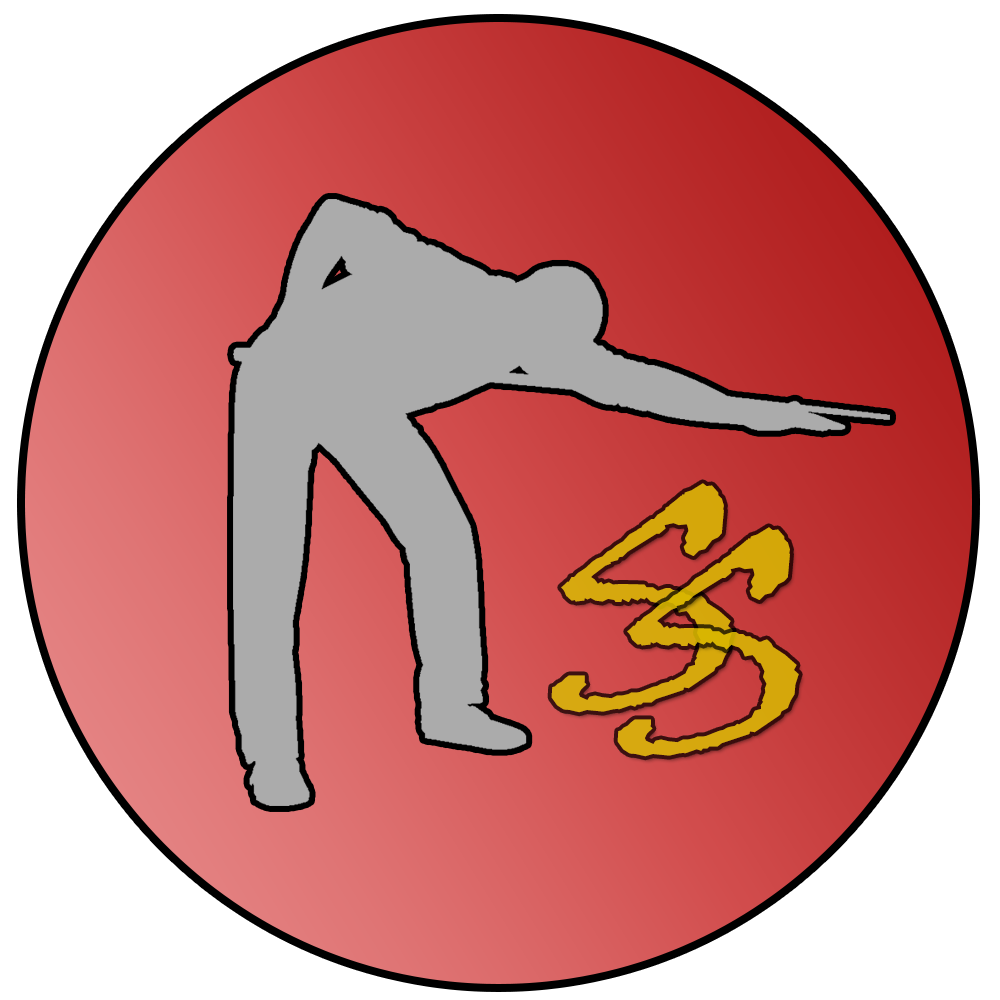It’s pretty clear to see that the world rankings have changed drastically following the events of the World Championship. While some players have significantly improved their positions, others have conversely dropped down the rankings to a point where they risk danger of falling out of the Top 16/32.
Ronnie O’Sullivan still remains World No. 1 despite his poor WSC performance but absolutely phenomenal seasons prior to that. That just goes to show how strong his performance has been the past couple years to (barely) keep Judd Trump at his heels at No. 2 after a £500k boost. Trumps recent win propelled him from rank 7 to 2. And if he continues at his current rate, it won’t be long before he claims the No. 1 spot. However, Neil Robertson certainly will put up a fight for that No. 1 spot if he continues winning at the rate he has this season.
What’s also surprising is seeing former World No. 1, Mark Selby drop down to 6th place. Mark has now since lost a significant portion of his ranking points and will now need to start winning more events this coming season in order to remain within the top rankings. I don’t see Mark Williams remaining at the No. 3 spot for very long with his extremely laid back approach to matches and practice. Kyren Wilson and Mark Allen hold spots 7 and 8 respectively and I don’t see them moving down the rankings too much – their consistency is high enough to keep them at these positions or even move up a space or two.
Things get worrying for those in spots 9-16. The difference between 9th and 16th is £63,500 which means that any and all players within these rankings are in danger of potentially falling out of these ranks. In particular, players like Shaun Murphy, Ding Junhui and Stephen Maguire who I am sure have set tremendously high standards for themselves will need to remain cautious going into tournaments this season.
Now, we have to take notice of David Gilbert and his impressive jump to 12th place from 16th after his stellar WSC performance. Hopefully, this is the start of his ascendance along with Gary Wilson who leaped 12 places to reach rank 20.
What do you think of these new rankings and what are your predictions for this upcoming season?





